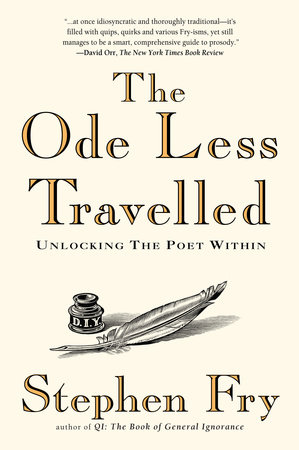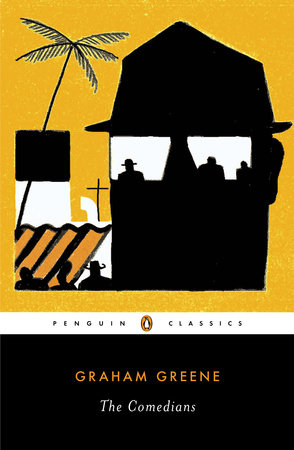


-
$17.00
Aug 16, 2007 | ISBN 9781592403110
-
Aug 17, 2006 | ISBN 9781101216828
YOU MAY ALSO LIKE
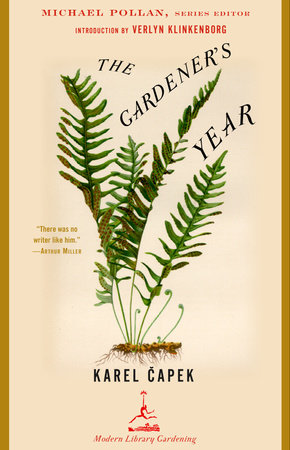
The Gardener’s Year
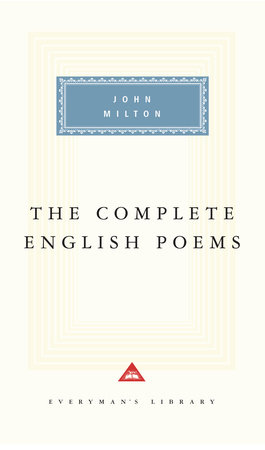
The Complete English Poems of John Milton
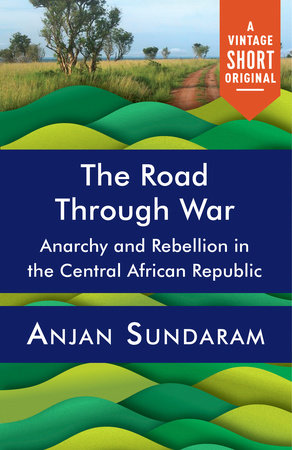
The Road Through War
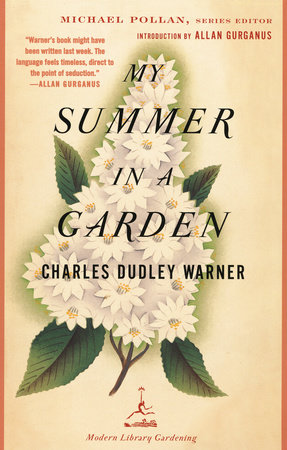
My Summer in a Garden
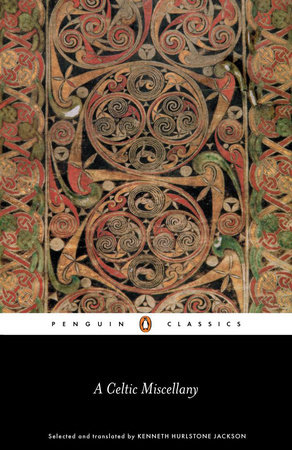
A Celtic Miscellany
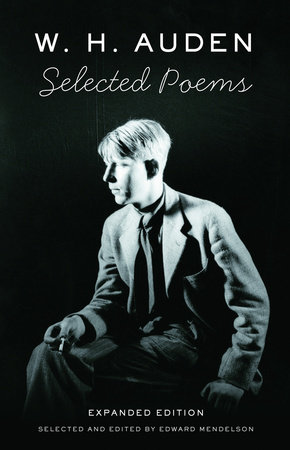
Selected Poems of W. H. Auden
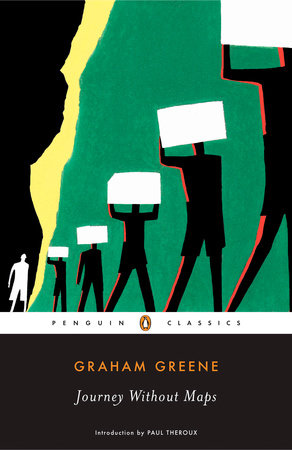
Journey without Maps
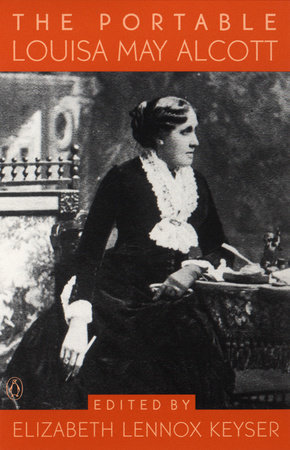
The Portable Louisa May Alcott
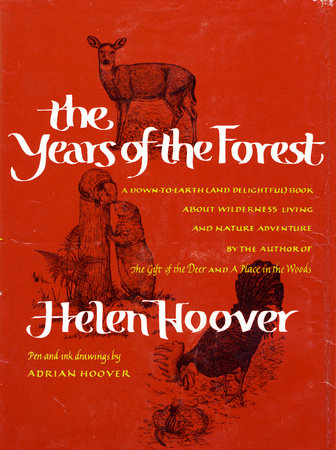
YEARS OF THE FOREST
Praise
“While Mr. Fry’s book is aimed at a general audience, it seems particularly well-suited to the lawyer or Web-site designer or homemaker or medical technician whose daily life feels distant from poetry and yet who remembers, with a yearning fondness, the joys of reading Shakespeare or Keats or Frost as an undergraduate. … Fry understands the saving role that humor can play in any discussion of poetry’s mechanics.”
ùBrad Leithauser, The Wall Street Journal
Fry is “spot on in his assessment of the allusion-packed, overcooked, dead-on-arrival poems that are often passed of as high literature these days. …While the comic relief is mostly welcome, Mr. Fry truly shines when ardently defending and explicating the virtues of form … The Ode Less Travelled is something more than a solid and engaging how-to book. ‘Verse is one of our last stands against the instant and the infantile,’ Mr. Fry writes in the introduction, and this book is his impassioned, worthy contribution to the cause.”
ùClaudia La Rocco, The New York Times
“The Ode Less Travelled is at once idiosyncratic and thoroughly traditional– it’s filled with quips, quirks and various Fry-isms, yet still manages to be a smart, comprehensive guide to prosody. … The key to the book’s success is its tone, which is joking, occasionally fussy, sometimes distractingly cute, but always approachable. This book works because it gives us a strong perspective without sounding pinched or dogmatic.”
ùDavid Orr, The New York Times Book Review
“Of all the poetry guides you’re likely to read, this one’s probably the most entertainingly written and downright useful. The book is full of technical terms– spondee, enjambment, trochee– but these are explained so clearly that we very quickly can use them as though we’ve been doing so all of our lives. The book is an education not only in the mechanics of poetry, but also in its history. An, naturally, it’s full to bursting with the author’s delightfully impish wit … Fry’s legion of fans will get an enormous kick out of it, and English Lit students will learn more from this one book than they will from a stack of more traditional textbooks.”
ùDavid Pitt, Booklist
A “delightfully erudite, charming and soundly pedagogical guide to poetic form … Fry himself pens intentionally vapid and yet entertaining poems that demonstrate each form’s rules and patterning, and ends each lesson with wittily devised exercises for readers. … Fry has created an invaluable and highly enjoyable reference book on poetic form, which deserves to achieve widespread academic adoption, despite or even because of its saucy and Anglocentric tone.”
ùPublishers Weekly
Table Of Contents
The Ode Less Travelled
Foreword
How to Read this Book. Three Golden Rules
1. Metre
I.
How We Speak. Meet Metre. The Great Iamb. The Iambic Pentameter. Poetry Exercises 1 & 2
II. End-stopping, Enjambment and Caesura. Poetry Exercise 3. Weak Endings, Trochaic and Pyrhhic Substitutions. Substitutions. Poetry Exercise 4
III. More Metres: Four Beats to the Line. Mixed Feet. Poetry Exercise 5
IV. Ternary Feet: The Dactyl, The Molossus and Tribrach, The Amphibrach, The Amphimacer, Quaternary Feet. Poetry Exercise 6
V. Anglo-Saxon Attitudes. Poetry Exercise 7. Sprung Rhythm.
VI. Syllabic Verse. Poetry Exercises 8 & 9: Coleridge’s ‘Lesson for a Boy’.
Table of Metric Feet
2. Rhyme
I. The Basic Categories of Rhyme. Partial Rhymes. Feminine and Triple Rhymes. Rich Rhyme.
II. Rhyming Arrangements.
III. Good and Bad Rhyme? A Thought Experiment. Rhyming Practice and Rhyming Dictionaries. Poetry Exercise 10
Rhyme Categories
3. Form
I. The Stanza. What is Form and Why Bother with It?
II. Stanzaic Variations. Open Forms: Terza Rima, The Quatrain, The Rubai, Rhyme Royal, Ottava Rima, Spenserian Stanza. Adopting and Adapting. Poetry Exercise 11
III. The Ballad. Poetry Exerdise 12
IV. Heroic Verse. Poetry Exercise 13
V. The Ode: Sapphic, Pindaric, Horatian, The Lyric Ode, Anacreontics.
VI. Closed Forms: the Villanelle. Poetry Exercise 14. The Sestina. Poetry Exercise 15. The Pantoum, The Ballade.
VII. More Closed Forms: Rondeau, Rondeau Redoublé, Rondel, Roundel, Rondelet, Roundelay, Triolet, Kyrielle. Poetry Exercise 16
VIII. Comic Verse: Cento, The Clerihew. The Limerick. Reflections on Comic and Impolite Verse. Light Verse. Parody. Poetry Exercise 17
IX. Exotic Forms: Haiku, Senryu, Tanka. Ghazal. Luc Bat. Tanaga. Poetry Exercise 18
X. The Sonnet: Petrarchan and Shakespearean. Curtal and caudate sonnets. Sonnet Variations and Romantic Duels. Poetry Exercise 19
XI. Shaped Verse. Pattern Poems. Silly, Silly Forms. Acrostics. Poetry Exercise 20
4. Diction and Poetics Today
I. The Whale. The Cat and the Act. Madeline. Diction. Being Alert to Language.
II. Poetic Vices. Ten Habits of Successful Poets that They Don’t Teach You at Harvard Poetry School, or Chicken Verse for the Soul Is from Mars but You Are What You Read in Just Seven Days or Your Money Back. Getting Noticed. Poetry Today. Goodbye.
Incomplete Glossary of Poetic Terms
Appendix—Arnaud’s Algorithm
Acknowledgements
Further Reading
21 Books You’ve Been Meaning to Read
Just for joining you’ll get personalized recommendations on your dashboard daily and features only for members.
Find Out More Join Now Sign In






